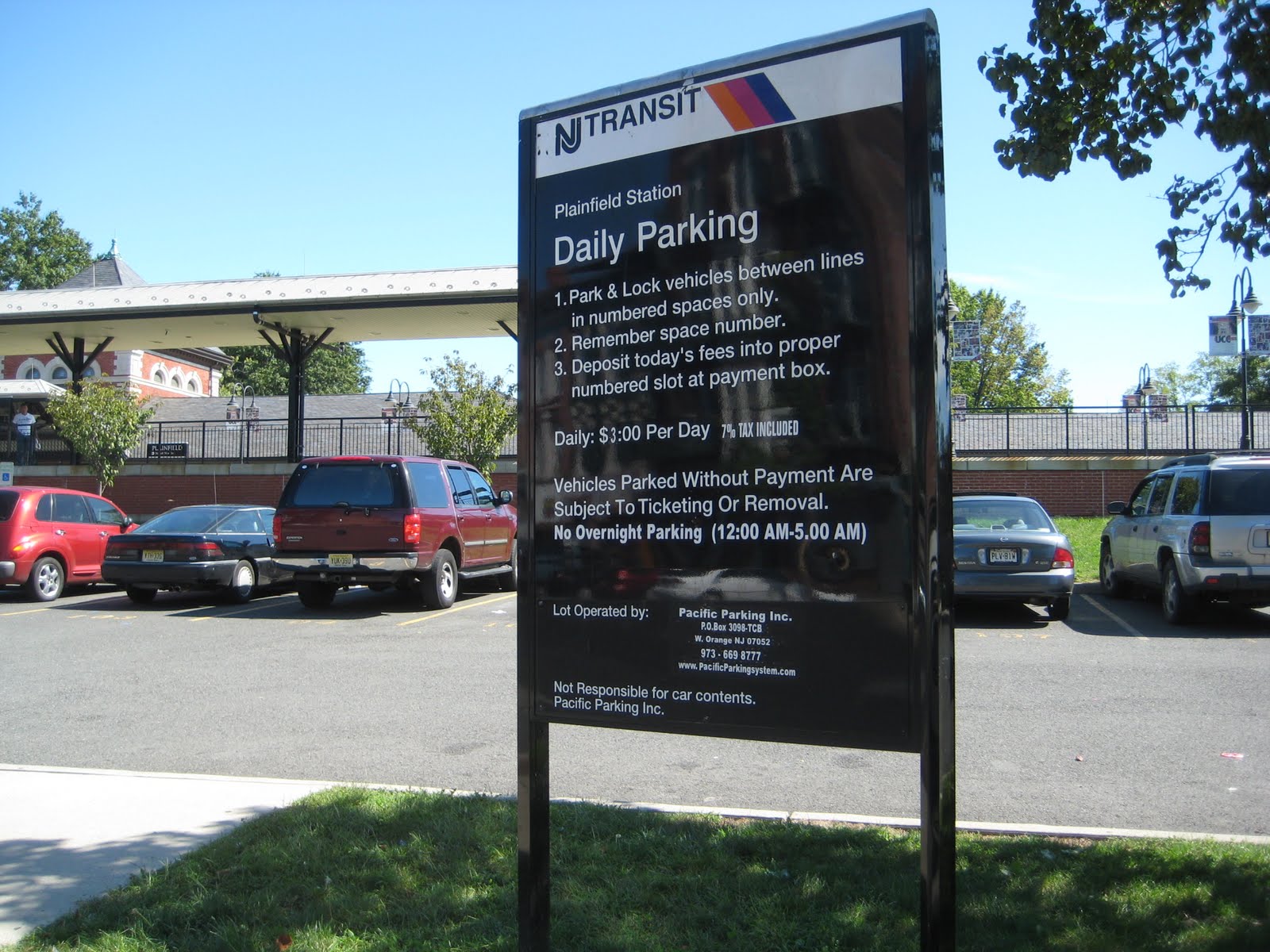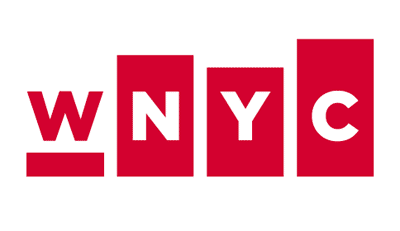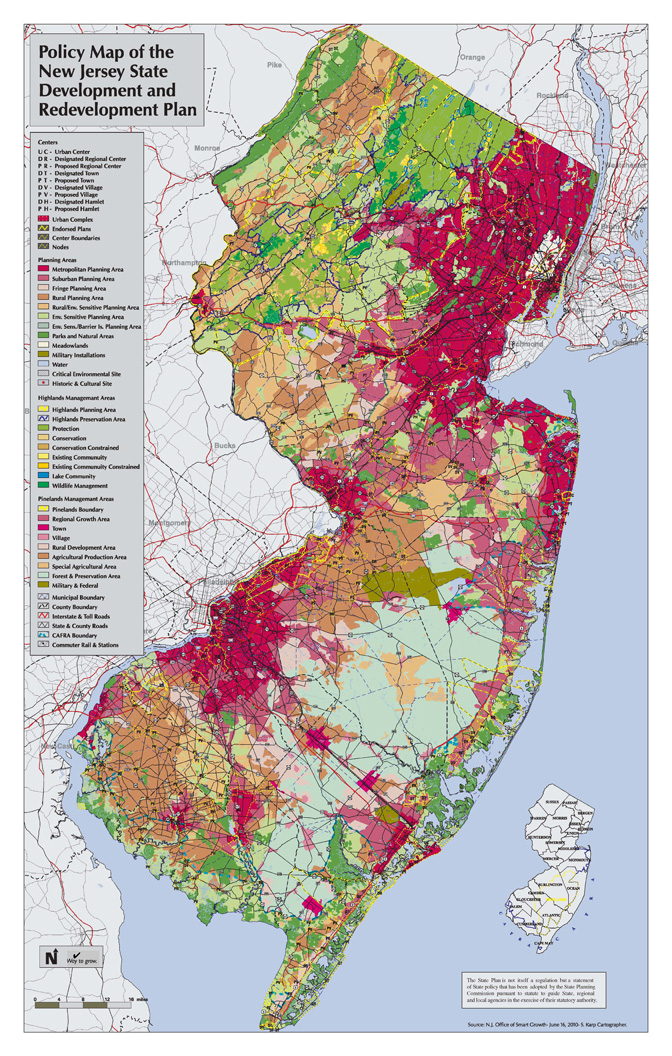New Jersey Future Blog
Questions Loom as NJ Transit Considers Privatizing Parking
November 16th, 2010 by Jay Corbalis
- NJ Transit recently issued a Request for Qualifications for private firms interested in operating and maintaining its parking facilities at 81 stations. According to the RFQ, the term of the “concession” would be 30-50 years.
- The 81 stations (.pdf) range in size from multi-million-dollar facilities along the Northeast Corridor line to smaller park-and-ride lots for bus and light-rail service, including 14 stations that currently offer free parking. The number of parking spaces that could be privatized at these stations is 37,165, or slightly more than 60 percent of the system-wide total of 60,234.
- The stations listed (some of which “may be added or removed during the RFQ and due diligence process,” according to NJ Transit) currently produce annual gross revenues of approximately $28 million.
Short-Term Revenue vs. Long-Term Accountability
 In a state where an estimated 75 percent of residents live within five miles of a transit station and transit ridership is among the highest in the nation, parking — and the lack thereof — is always a hot topic. At the most popular transit stations, waiting lists for parking spots can stretch for years. NJ Transit is hoping its initiative to privatize many of its most valuable parking facilities can help change that situation, and provide the agency with some much-needed revenue along the way.
In a state where an estimated 75 percent of residents live within five miles of a transit station and transit ridership is among the highest in the nation, parking — and the lack thereof — is always a hot topic. At the most popular transit stations, waiting lists for parking spots can stretch for years. NJ Transit is hoping its initiative to privatize many of its most valuable parking facilities can help change that situation, and provide the agency with some much-needed revenue along the way.
Parking at NJ Transit stations is currently controlled by a combination of municipal, private and NJ Transit operators. Rates vary wildly, depending on demand and on who controls the lot (municipalities typically charge less than private operators). Pursuant to the RFQ issued by NJ Transit, the first step in a process that will continue through June 2011, the agency would grant one private firm an exclusive “concession” to operate and collect revenue from 81 listed parking facilities across the state for a term of 30 to 50 years.
The concept behind this proposal has merit. Parking is a critical component of a well-functioning transit network. The current system, with varying rates and long waiting lists, is inefficient, and constrains ridership growth. Bringing rates in line with market conditions could allow for capacity investment and other upgrades (though such investment is not required under the RFQ) and thus expand access to the transit network.
But the proposal to privatize parking at NJ Transit stations raises several important questions that should be addressed before irrevocable decisions are made.
What is stopping NJ Transit from doing this itself? Public-private partnerships are used extensively in Europe, and can have benefits for all parties when done properly. But they can also be a convenient way for government to solve short-term budget woes with minimal political impact, while compromising long-term revenue generation. Chicago’s privatization of its parking meters, for example, has come under criticism (.pdf) for trading hundreds of millions of dollars in future revenues for a short-term budget fix. It seems appropriate to raise the question of whether NJ Transit, which already runs many parking facilities competently, is merely seeking to plug a hole in next year’s budget while passing the buck (and the political blame) for future rate increases to an unaccountable private firm.
Why should free market principles apply only to transit riders? The vast majority of roads in New Jersey have no tolls. The gas tax, one of the lowest in the nation, has not been raised in more than 20 years, and the revenue it generates does not cover the costs of maintaining the state’s roads and bridges. (The Transportation Trust Fund is broke and was recently forced to borrow nearly $400 million from the General Fund just to stay afloat.) Meanwhile, NJ Transit riders were recently hit with the largest fare increase in the agency’s history. By privatizing parking facilities, this proposal will have the effect of further raising costs for many NJ Transit riders. If New Jersey wants to move toward a user fee-based system to pay for transportation, it should apply the same approach to roads and bridges as it does for mass transit.
Will privatization hamstring transit-oriented development? As noted in an earlier Future Facts, NJ Transit parking lots have considerable value beyond being a receptacle for cars. Many transit agencies, most notably the Washington (D.C.) Metropolitan Area Transit Authority, capitalize on the development potential of land near their stations to bring in millions of dollars through lease agreements with developers. While the NJ Transit RFQ invites applicants to suggest how they would accommodate TOD, it makes no requirements for the preservation of TOD opportunities. Any agreement with a private operator should clearly preserve NJ Transit’s right to pursue future mixed-use, higher density development opportunities. Otherwise, this proposal, in addition to forgoing millions of dollars in potential revenue for NJ Transit, could do serious damage to the state’s long-term smart growth potential.

















Many of the national and some of the state organizations which send us issues of concern via email (and there are many) have a mechanism for us to take direct action, usually by sending a form letter, which can be edited to make it personalized, or make phone calls to the decision makers, in this case, NJ Transit (and the Governor?). Does the tax status of NJ Future allow it to do this? If so, that could be an effective way of involving more people statewide to communicate with their elected and appointed officials relevant to the issue at hand, multiplying NJF’s clout.
If NJ Future’s current tax status does not allow such direct citizen involvement, and if you have not already done so, it might be worthwhile looking into whether your tax status can be divided into information/education activities (“foundation,” etc.) and a unit which would allow you to involve citizens more directly to take action under your guidance/information in a more convenient manner. I know of at least one NJ not for profit organization which does this, as I served on its Board. Also, the NJ Transit information would make a very good Op-Ed article.
Frankly, I hope you don’t mind my saying so, but if I did not know Ingrid Reed I would not know much about NJ Future which has an important mission.
Thanks for your good work.
Grace Sinden, Princeton
I agree wiht this article completely and would emphasize that any arrangement for private operation of transit parking MUST include requirements to not only preserve TOD opportunities, but set up the rules to encourage or advance them wherever possible. Creating new development or redevelopment options and even incentitives to exploit the large public investment in transit is a no brainer for enhancing the economy, the environment, housing choice and community well-being.
[…] 7. Questions Loom as NJ Transit Considers Privatizing Parking NJ Transit recently issued a Request for Qualifications for private firms interested in operating and maintaining its parking facilities at 81 stations. According to the RFQ, the term of the “concession” would be 30-50 years. The 81 stations (.pdf) range in size from multi-million-dollar facilities along the Northeast Corridor line to smaller park-and-ride lots for bus and light-rail service, including 14 stations that currently offer free parking. The number of parking spaces that could be privatized at these stations is 37,165, or slightly more than 60 percent of the system-wide total of 60,234. Click here to read more… […]
Grace,
Thanks for your thorough and thoughtful response to our blog post. You raise a number of good points on an issue with which our staff grapples regularly.
New Jersey Future has historically operated more as a think-tank than as a grassroots advocacy organization, disseminating information and analysis and working directly with decision makers, as opposed to agitating for change.
That said, we are open to — and have been actively exploring — new ways to engage our membership through email, Facebook, Twitter and, of course, our blog. We’re looking to employ a hybrid approach to advocacy, using the online tools you mentioned in special cases and focusing more on small group interaction. Perhaps we can talk more about this at our event on Sunday.
Best,
Jay
Jay,
Thanks very much for your bulletin on the privatization of NJ Transit’s parking facilities. I agree with you that this looks like a short-term budget move that will end up costing NJT and its customers in the long-term. One other opportunity not mentioned is the chance for NJ Transit to install carport solar systems, which will generate revenue by kicking electricity back to the grid, offer electric car drivers the chance to recharge their vehicles during the day, and keep the cars cooler in the summer and out of the weather in the winter. Once the lots are sold off to private companies, NJT loses the economies of scale of system-wide purchases of these systems. Please keep pushing against the privatization of parking, and let me know if I can help support your efforts. Thanks.
Bill
[…] our Future Facts on the issue in November, a number of media outlets in New Jersey have run stories on NJ Transit’s plan to […]
[…] Jersey’s dominant search result for the foreseeable future … unless the agency decides to privatize its name, […]